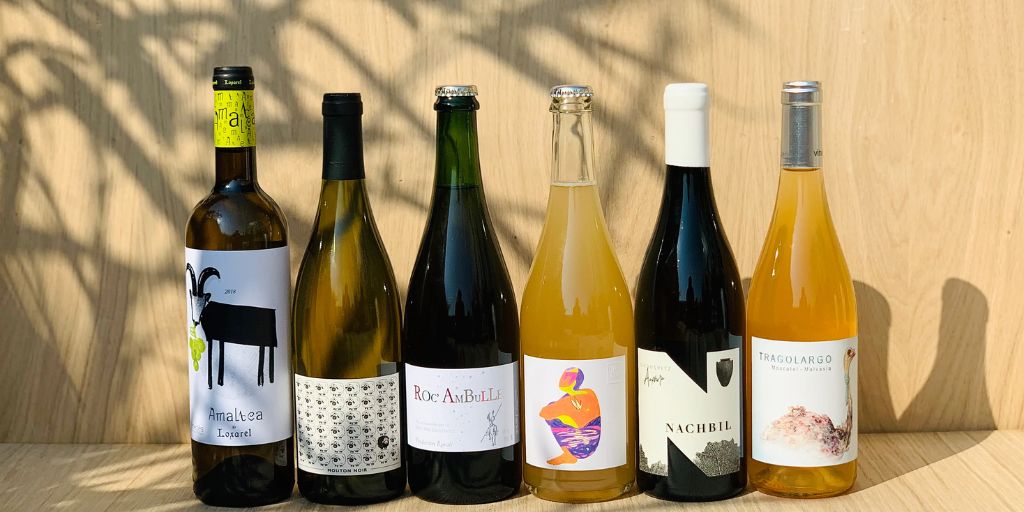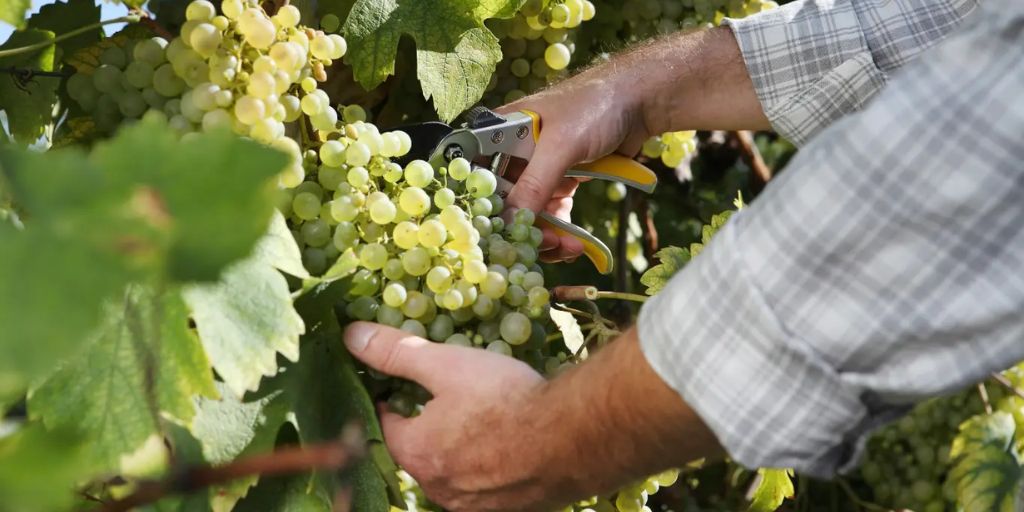Wine enthusiasts often toss around terms like “organic,” “biodynamic,” and “natural,” but for many consumers, these labels can feel confusing. In recent years, organic wine has gained popularity as drinkers become more conscious of what they’re putting in their bodies and how it affects the environment.
But what exactly is organic wine, and does it truly offer a better experience—whether in taste, health benefits, or environmental impact? Let’s unpack what organic wine really means and explore if it deserves a spot in your glass.
What Makes a Wine Organic?
At its core, organic wine starts with organic farming. This means the grapes used must be grown without synthetic pesticides, herbicides, fungicides, or chemical fertilizers. Instead, organic viticulture emphasizes natural practices—like using compost for fertilizer, encouraging biodiversity in vineyards, and relying on natural predators to keep pests in check.
The rules don’t stop at the vineyard. For wine to be labeled organic, the entire winemaking process must adhere to organic standards, which can vary slightly between countries.
In the United States, for instance, the USDA requires organic wine to contain no added sulfites (though naturally occurring sulfites are allowed in small amounts). In the European Union and other regions, organic wine can contain sulfites, but the levels must be lower than in conventional wines.
It’s worth noting that there’s a difference between “wine made from organic grapes” and “organic wine.” The former means the grapes are organic, but the winemaking process might still involve non-organic additives or higher sulfite levels. The latter ensures both the grapes and the winemaking process meet organic standards from start to finish.
What Are Sulfites, and Why Do They Matter?
One of the most talked-about aspects of organic wine is its sulfite content. Sulfites are naturally occurring compounds that act as preservatives, helping to prevent spoilage and oxidation. Winemakers often add extra sulfites to ensure their wines stay fresh during storage and transport.
In organic winemaking—especially under U.S. regulations—added sulfites are generally prohibited. This has sparked debates among wine lovers. Some appreciate the “pure” nature of low-sulfite wines, claiming they taste more vibrant and cause fewer headaches. Others worry that without sufficient sulfites, wines may spoil more easily or develop off-flavors.
It’s important to recognize that sulfite sensitivity is rare and typically only a concern for people with asthma. For most people, sulfites are unlikely to cause adverse reactions. Often, it’s other components in wine—like histamines or tannins—that are the real culprits behind wine headaches.
Is Organic Wine Better for You?
When it comes to health, many consumers assume that organic automatically means healthier. While organic wine avoids synthetic pesticides and generally contains fewer additives, it’s still alcohol—and should be consumed in moderation.
One potential advantage of organic wine is reduced exposure to pesticide residues. Although conventional wines are tested for safety, drinking organic wine can give peace of mind to those who prioritize minimizing synthetic chemicals in their diet.
However, there’s no conclusive evidence that organic wine provides significant health benefits over conventional wine. The antioxidants and polyphenols that make wine (particularly red wine) appealing from a health perspective are present regardless of whether the wine is organic or not.
Is Organic Wine Better for the Environment?
Here’s where organic wine truly shines. Organic farming promotes biodiversity, improves soil health, and reduces chemical runoff that can harm surrounding ecosystems. By avoiding synthetic pesticides and fertilizers, organic vineyards typically have a lower environmental footprint.

Many organic winemakers also adopt sustainable practices beyond farming—like using renewable energy, recycling water, and opting for lightweight, eco-friendly packaging. Supporting organic wine can therefore align with broader efforts to promote sustainability and reduce your environmental impact.
What About Taste?
Does organic wine taste better? That depends on who you ask—and your palate. Some enthusiasts claim organic wines have more “authentic” flavors, offering a truer expression of the grape and terroir (the unique environmental factors of the vineyard). Organic farming can result in healthier vines and more balanced grapes, which may translate into better-tasting wine.
However, quality varies widely. An organic label doesn’t automatically make a wine superior in taste. As with any wine, factors like the skill of the winemaker, grape variety, and growing conditions play crucial roles in determining flavor and complexity. You’re likely to find excellent and mediocre wines in both the organic and conventional categories.
Challenges and Considerations
Organic wine production faces its own set of challenges. Because organic vineyards don’t rely on synthetic chemicals, they may be more vulnerable to pests, diseases, and unpredictable weather. This can lead to lower yields and higher production costs, which often translate into higher prices for consumers.
Additionally, the lack of sulfites in some organic wines can make them less stable, particularly during long-distance shipping or extended aging. If you’re buying organic wine, it’s wise to store it carefully and consume it relatively soon after purchase, unless you know it’s designed for aging.
The Bottom Line: Is Organic Wine Worth It?
Ultimately, whether organic wine is “better” depends on your priorities. If you value environmental sustainability, reducing synthetic chemical exposure, and supporting organic farming, then organic wine is a fantastic choice. Many people also enjoy exploring the artisanal, small-batch feel of organic wines, which often come from dedicated producers passionate about their craft.
On the other hand, if your main goal is to enjoy a delicious glass of wine, it’s best to keep an open mind. Taste quality isn’t guaranteed by an organic label alone, so exploring different producers, regions, and styles—organic or not—is the key to finding wines you love.
In short, organic wine offers meaningful benefits, especially for the planet and for consumers who care deeply about farming practices. But when it comes to flavor and health, the best wine is the one that brings you joy, fits your budget, and suits your personal values—whether it’s organic, biodynamic, or conventional.


